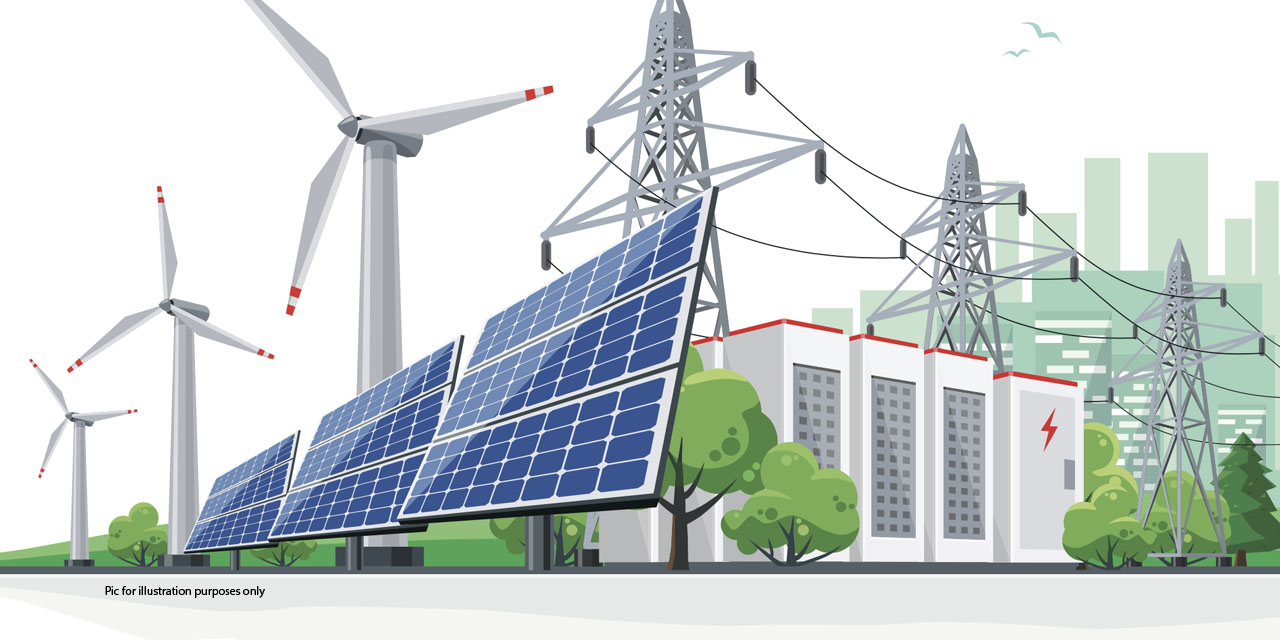Martin Endjala
The oil and gas sector plays a significant role in the global economy with an intrinsic value of some economic activity, accounting for the movement of goods and services, heating, electricity, pharmaceuticals, and materials such as plastics.
This value is expected to grow to USD 8 trillion by 2027 according to others but regardless, growth in its value is phenomenal.
This is according to RDJ Publishing and RDJ Group Chief Executive Officer, David Jarrett, in his latest take on the prospects of a greener future.
Jarrett said that oil and gas extraction on the Norwegian Continental Shelf (NCS) as reported, accounts for 27 percent of the country’s total CO2 emissions. However, even considering these astounding benefits lies a “darker side” as it also contributes to environmental challenges such as carbon emissions and pollution.
He noted that there is room for the world to transition towards a more sustainable future, through electrifying the logistics of the oil and gas sector.
He was of the opinion that it presents a compelling opportunity to mitigate these issues. Electrifying the oil and gas sector logistics offers numerous benefits, both for the environment and for the industry itself.
Firstly, electrification reduces air and noise pollution, improving the quality of life for communities near oil and gas operations. Secondly, it reduces carbon emissions by replacing fossil fuel-powered machinery with electric alternatives.
This shift helps combat climate change and aligns with global efforts to reduce greenhouse gas emissions.
The electrification of the oil and gas sector should not be limited to onshore activities. Offshore operations, such as an aspect of electrifying the oil and gas sector logistics is the transition from conventional internal combustion engine (ICE) vehicles to electric vehicles.
Companies can start by electrifying their fleets, including trucks, vans, and light-duty vehicles used for transporting personnel, equipment, and supplies.
Furthermore, electric vehicles (EVs) have lower maintenance costs and can provide a more reliable and efficient transportation solution, enhancing operational efficiency within the sector.
However, Jarrett is of the view that Electrifying the oil and gas sector logistics requires collaboration among various stakeholders. Governments, industry leaders, and research institutions need to work together to develop supportive policies, incentives, and regulations that encourage the adoption of electric vehicles and renewable energy solutions.
Collaborative research and development efforts can drive innovation in battery technology, charging infrastructure, and energy storage, making electrification more feasible and cost-effective for the sector.
Electrifying the logistics of the oil and gas sector is a vital step towards achieving a sustainable and greener future.
The benefits of reduced carbon emissions, improved air quality, and operational efficiency make electrification an attractive proposition. By transitioning to electric vehicles, implementing renewable energy solutions, and fostering collaboration and innovation, the oil and gas industry can lead the way in sustainable practices.
Oil and gas operators around the globe are targeting reductions in offshore carbon emissions, and facilities electrification is the key that will help them meet their goals.
Embracing this transition not only aligns with global climate goals but also strengthens the industry’s resilience and competitiveness in a rapidly evolving energy landscape.




